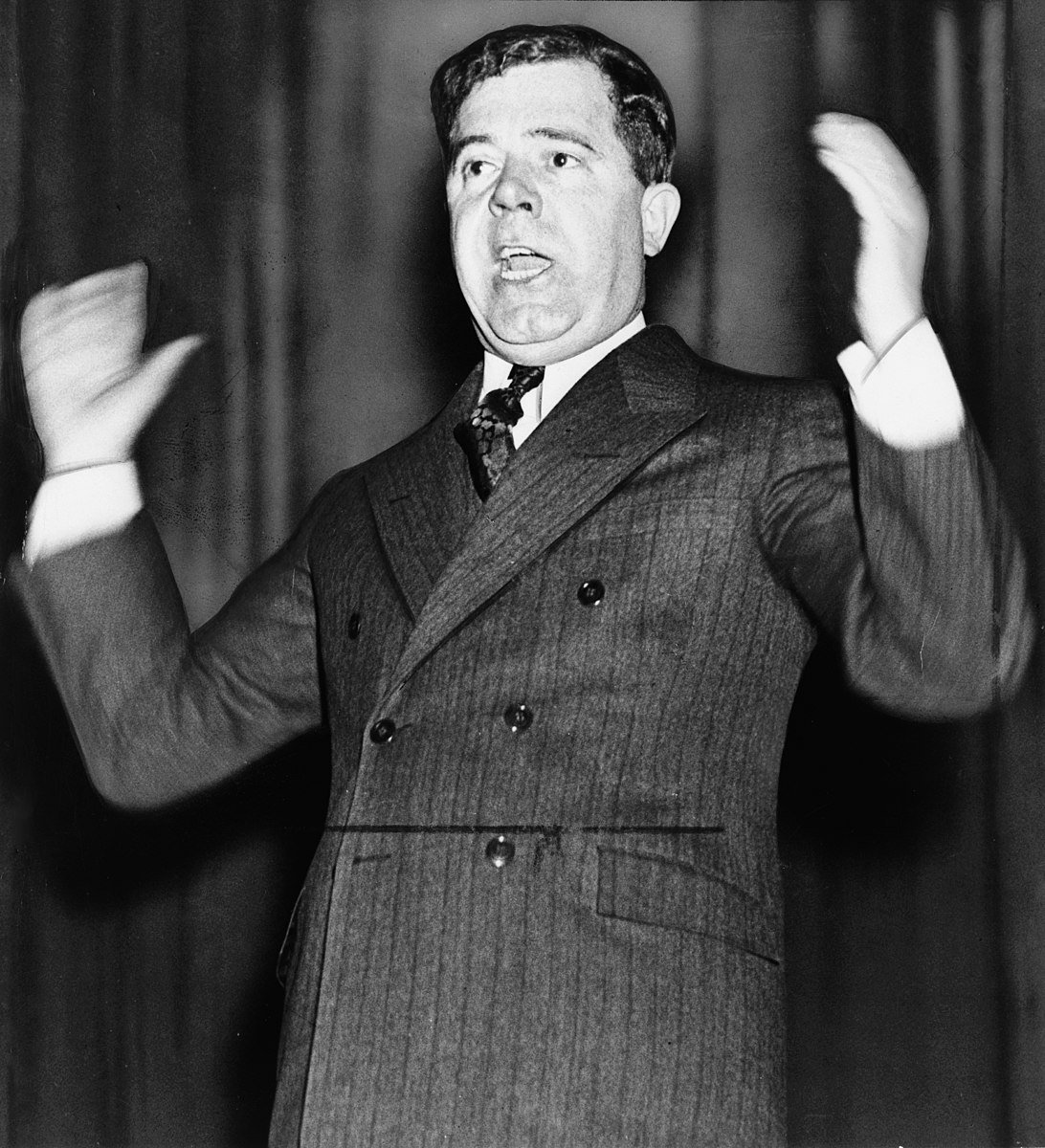Opposition to the New Deal (Cambridge (CIE) IGCSE History): Revision Note
Exam code: 0470 & 0977
Summary
Although President Roosevelt had been elected on an enormous landslide, his New Deal was not popular with everybody. It came under fierce criticism from many different groups in American society. Some argued it went too far and interfered with business and the American way of life. Others argued it did not go far enough and that the wealth of the super-rich should be confiscated. The Supreme Court even ruled that some aspects of the New Deal were unconstitutional.
Republican opposition to the New Deal
The New Deal went against everything that the supporters of the Republican Party believe in:
Republicans believe in a “small government” that stays out of people’s lives and leaves them to succeed — or fail — on their own
Republicans believed that the New Deal would make Americans lazy and cause them to wait for government “handouts”
Republicans also believed that Roosevelt had overreached his powers and was becoming too powerful
Wealthy opponents to the New Deal
The New Deal was expensive
To help pay for it, Roosevelt increased the amount of tax that wealthy people paid
Wealthy people deeply resented their money being used to plant trees or being given to homeless people
Business opponents to the New Deal
Many business leaders were supporters of the Republican Party and did not want the government to interfere in their lives or the way they ran their companies
The National Recovery Administration (NRA) forced business leaders to:
Improve working conditions
Pay a minimum wage
Set limits on the number of hours a person could work
Business leaders believed this impacted how much money they could make and how competitive they could be
Radical opposition to the New Deal
Roosevelt also faced criticism from people at the other end of the political spectrum from the Republicans
Huey Long argued that every penny a person owned over $5 million should be confiscated by the government
The money should then be distributed amongst the American people
Long believed this would get the government enough money to enable it to give every family in America a house, a radio and a car

The reaction of the US Supreme Court
The Supreme Court ruled that Roosevelt had broken the rules over how much power a president has
It ruled that:
The NRA had tried to set prices and wages that only Congress, not the president, could do
The Agricultural Adjustment Association (AAA) had paid farmers to not grow food, which the Supreme Court ruled was the role of the state governments — not the president
Worked Example
Describe the reasons why there was opposition to the New Deal
[4 marks]
Answer:
One reason why there was opposition to the New Deal was that most Republicans believed in a small government that stayed out of people’s lives. The New Deal meant that the government had become more involved in the American people’s lives than ever before.
Another reason for the opposition to the New Deal was that some people did not believe it went far enough in correcting the problems in American society. Radicals such as Huey Long argued that the extreme wealth of the super-rich should be taken from them by the government and shared amongst the American people. Under Long’s plans, nobody could own more than $5 million.
Examiner Tips and Tricks
When answering the 6 mark “Why…?” question, make sure you use the PEEL format.
P — Point
E — Evidence
E — Explain
L — Link your explanation back to the question

Unlock more, it's free!
Was this revision note helpful?